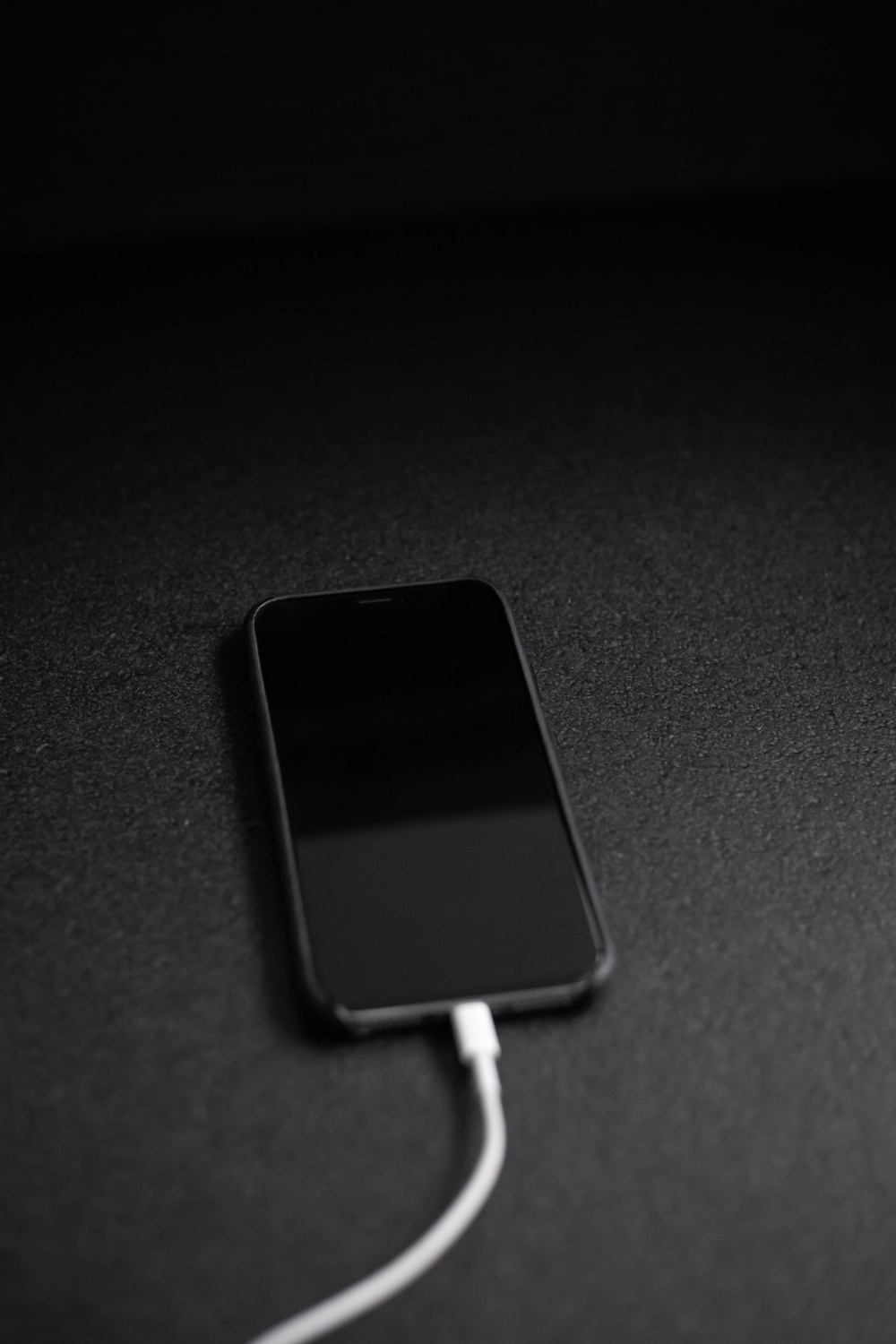
The market for secondhand mobile phones is buzzing. With the cost of new phones rising, unless you want to commit long-term to a contract with hefty monthly payments (which can total thousands over the duration of your contract), buying a used and unlocked device makes a lot of sense. Bought outright the device is yours to use as you want. Just insert your SIM card and you're good to go. Or are you...?
If your unlocked phone doesn't function (you can't make calls, send text messages, or connect to the internet, for example) after you've put your SIM card in, chances are it may be blacklisted.
Yes, you may have the physical device in your hand. But if you can't do anything with it, what use is it?
In this guide, we deep dive into the murky world of blacklisted phones: what they are, why they're blacklisted, and if you can make them clean again.
See if you can get a phone unlock with Mobile Unlocked by using your device IMEI number.
Why are phones blacklisted?
Smartphone theft's on the increase. One in ten cell phone owners in the US have had their device stolen. And that number's growing. No surprise really considering that the value of a mobile phone is 30 times more valuable in ounces than solid silver. Plus, it's a lot easier to sell-on and in much higher demand.
Mobile phone fraud is also becoming more common. Defined as the unauthorized use, tampering or manipulation of a cellular phone or service, different forms of cellular fraud include SIM swapping, cloning and subscriber imitation.
If a phone's been reported lost or reported stolen its IMEI or ESN is added to a shared database of blacklisted devices.
A phone's IMEI number or 'International Mobile Equipment Identity' number is a 15-digit number that's unique to all GSM (Global System for Mobile) mobile phones and smartphones. Kind of like your phone's DNA or fingerprint, it's permanently tied to your phone. Unlike your SIM card or phone number, which can be transferred to other devices.
Short for 'Electronic Serial Number', an ESN number consists of 11 digits (numbers and letters) and was introduced by the FCC in the early to uniquely identify all CDMA mobile devices .
What's the difference between GSM and CDMA?
CDMA stands for 'Code Division Multiple Access'. GSM stands for 'Global System for Mobiles.' 2G and 3G radio networks used by wireless carriers, they're fast being superseded by 4G and 5G Long Term Evolution (LTE) devices. Which will soon make CDMA and GSM a thing of the past.
Back to the blacklist
A mobile phone blacklist includes the International Mobile Equipment Identity (IMEI) or Electronic Serial Number (ESN) of phones that have been reported stolen or lost. Phones bought in contract but with unpaid bills and those detected to be involved in fraudulent activity, including phone insurance fraud, are also included on the list. The database of blacklisted phones is used by most network providers. Learn more on tcf.org
What happens if a phone is blacklisted?
A mobile service provider won't support a service to blacklisted devices. So if your IMEI or ESN matches any on that list, it's unlikely you'll be able to use it to make calls, send text messages, or connect to the internet. In short, it's not really of any use at all.
You can use blacklisted phones to play music, games, and watch movies or TV shows. You may also be able to send messages, images, audio or video files using platforms or apps that work using the internet (WhatsApp, for example). But (and it's a big 'but'), you could get into quite a bit of legal trouble by doing this. Continuing to use a blacklisted phone (particularly if you know it's blacklisted and haven't reported it or handed it in) could negate any compensation claim you may have. And even implicate you in the original theft or fraudulent activity.
Who makes the decision about what phones are blacklisted?
You might think the responsibility for deciding what devices need to be included on the cell phone blacklist would rest with the phone manufacturers themselves.
But, while Apple has the power to do so, it has distanced itself from issues surrounding lost or stolen phones. An Android phone is the same. Makers of Android phones are also fairly hands-off in this respect.
That leaves the phone carrier themselves. Whether it's T Mobile, Verizon, AT&T or another of the wireless networks, it's the networks who file the reports of lost or stolen phones.
Can you get a blacklisted phone unlocked?
Blacklisted phones are a pain. And more so. If you bought yours from a private seller, chances are you won't have any warranty or rights to claim compensation. You may not even be able to contact the seller anymore. So, what options are left open to you?
Well, there are a small number of third party services who offer IMEI blacklist removal services, claiming to be able to unlock blacklisted phones using the device's IMEI or ESN number. But this really isn't recommended. And may result in you being linked to the original crime of mobile phone theft or fraud if you're reported to, or traced by, the authorities.
You can try and unlock them by contacting the carrier who activated the initial lock on the phone. They will use the phone's ESN number and will send you an unlock code to use as activation. Putting in a request to have the phone removed from the blacklist isn't straightforward though. You'll need to prove ownership and may also have to prove your lack of involvement in the original deception or theft. Not much fun and pretty stressful all round. And again, the carrier may have to file a report and even ask you to hand in the device.
Can you sell on a blacklisted phone?
Blacklisted phones aren't worth a great deal. But there are companies out there who will take them off your hands (particularly iPhones) and either use them for parts or use their specialist position to try and get the blacklist status changed.
Conclusion
The technology to unlock blacklisted phones does exist. But it really isn't something that's widely accessible. Or recommended as a solution to "cleaning" a blacklisted phone. The best approach is to check to see if a device is blacklisted before you buy it using an IMEI phone check service. Fast and accurate, comprehensive and confidential, and 100% legal, using third party experts to run the relevant checks for you brings peace of mind if you're thinking of buying (or selling) a secondhand mobile phone. Used phones are definitely worth the investment. Just make sure you do the due diligence checks first.





